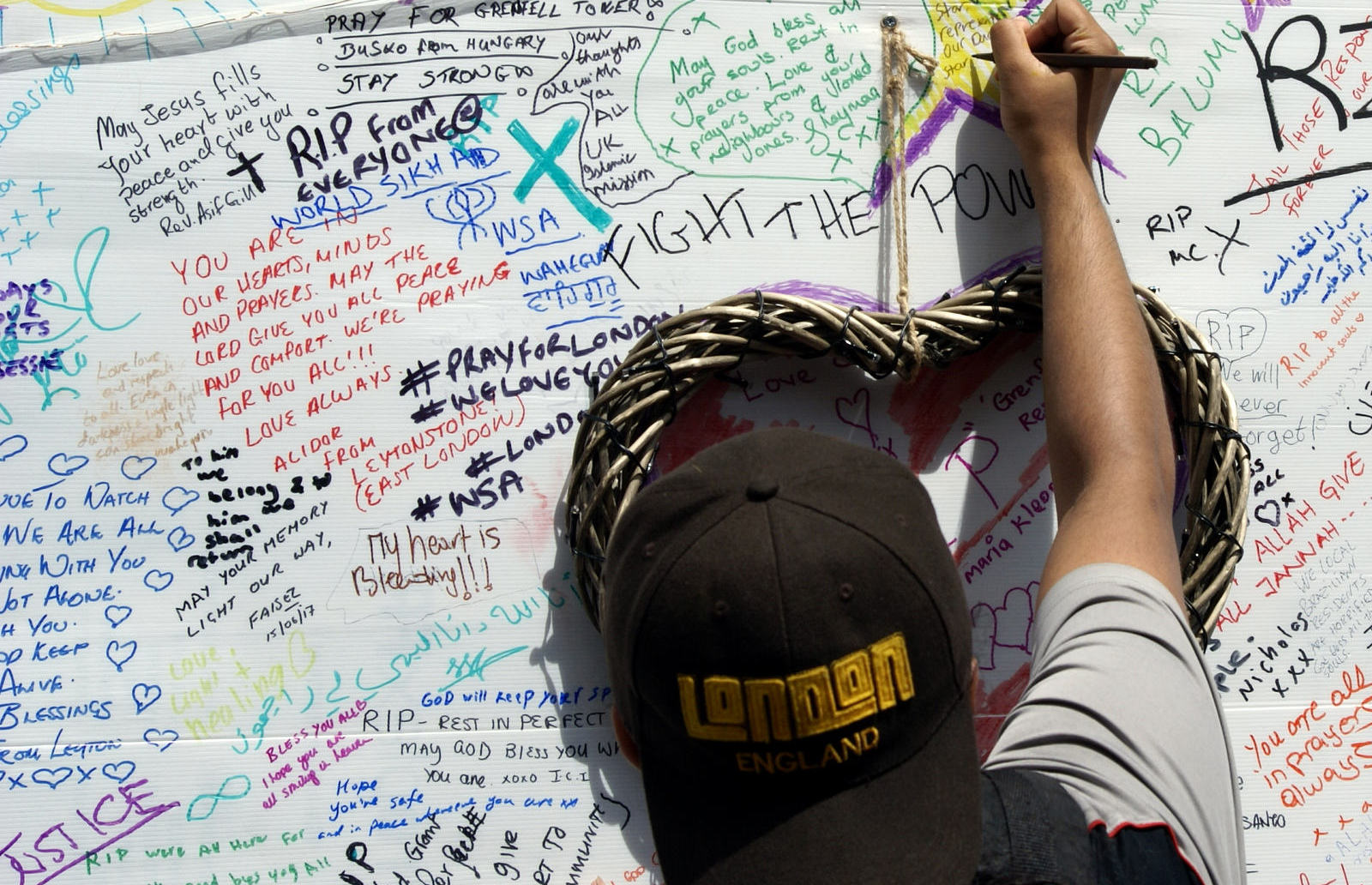The devastating fire at Grenfell Tower has undoubtably been one of the biggest tragedies in a generation. At least 80 people are known to have died, though the final figure will not be released until next year.
The families affected are now looking for answers – and this means they’ll have to use the law. Many of us go through life hoping we’ll never have to use the law – it’s complicated, confusing, and can be costly. Ultimately though it exists to protect us all, and can be a vital tool for justice. So, what are our rights to legal representation?
Could They Use Legal Aid?
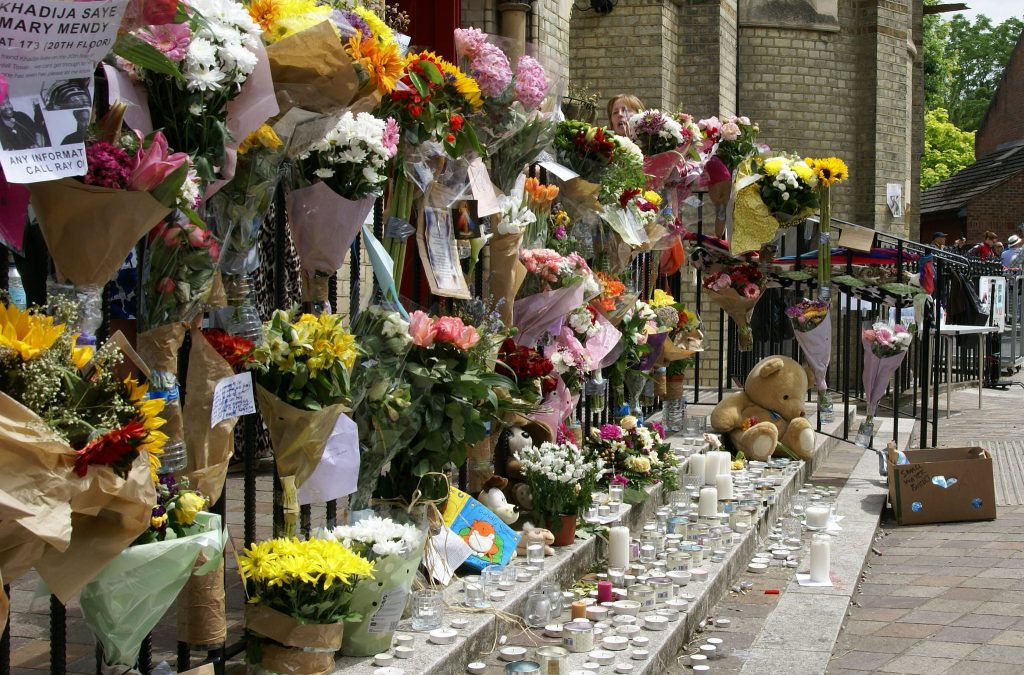 Tributes to the victims of the blaze. Image Credit: Chiral Jon / Flickr
Tributes to the victims of the blaze. Image Credit: Chiral Jon / Flickr
Legal aid is a government scheme, covering the costs of legal advice and representation, to people who wouldn’t otherwise be able afford it. In order to access legal aid you have to prove the problem you’re experiencing is serious, and make sure your case is eligible. Not all cases are, but they include things like:
- being at risk of abuse or serious harm, such as domestic abuse or forced marriage
- being at risk of homelessness or losing your home
- if you’re accused of a crime, face prison or detention
- if you’re being discriminated against
- bringing a case under the Human Rights Act
You may still have to pay some costs of the case though, or pay back some of the money at a later date. There have also been significant cuts to legal aid, which some say have stopped people from getting the help they need.
The 2012 Legal Aid, Sentencing and Punishment of Offenders Act made significant cuts to the scope of legal aid, and the areas of law and types of cases that are covered by it. Amnesty International said they had resulted in almost a 50% drop in cases getting aid, creating a “two-tier system” affecting the most poor and vulnerable in their access to justice.
What is Housing Legal Aid?
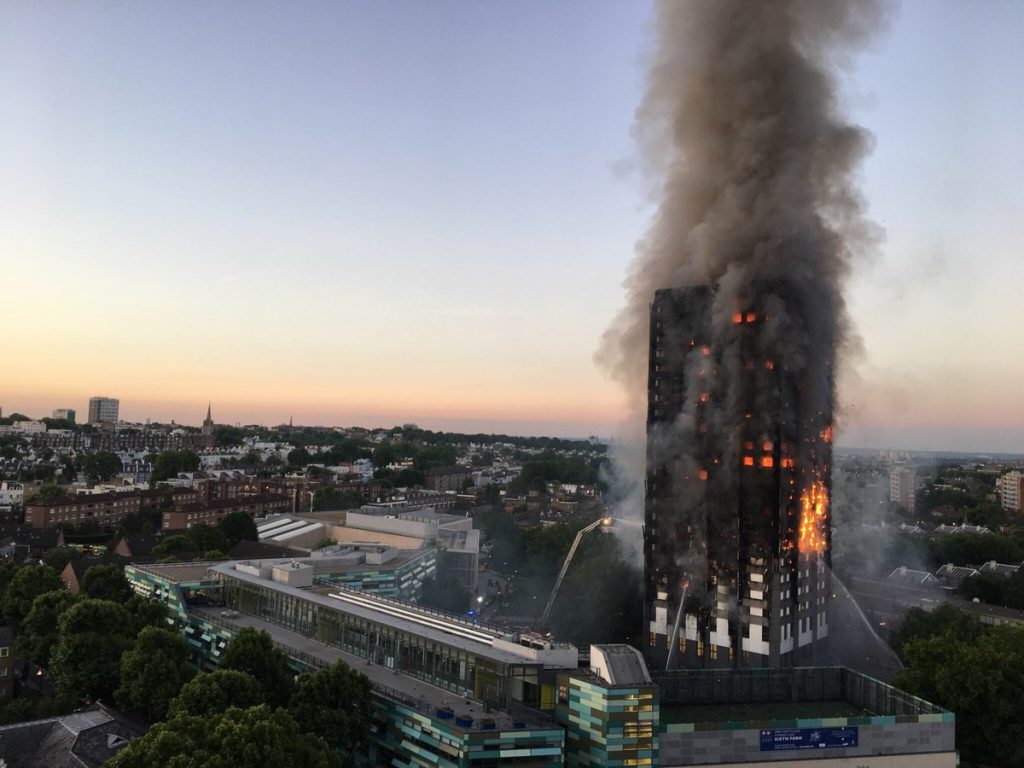 The building has left more than 80 dead. Image Credit: @Natalie_Oxford / Twitter
The building has left more than 80 dead. Image Credit: @Natalie_Oxford / Twitter
Housing legal aid is just one part of legal aid. Under the new system it has been restricted to specific types of cases. These include when you want to challenge the council’s decision if you are homeless and they refuse to help you, or if your landlord refuses to deal with serious disrepair that puts your health or safety at risk. Although it seems the latter is clearly relevant to those affected by the Grenfell fire, a legal claim can only arises where the property is in “disrepair”.
For example, if the landlord allows the gas, electricity or water systems to deteriorate that would fit this definition. Failure to install sprinklers or the use of unsafe materials such as cladding, however, would not fall within the meaning of “disrepair”. It’s difficult to say at this stage what legal route families could take instead as we don’t yet know the outcome of the inquiry and inquests but when this information is released it will help to establish the relevant legal claims.
A Place to Stay for Now
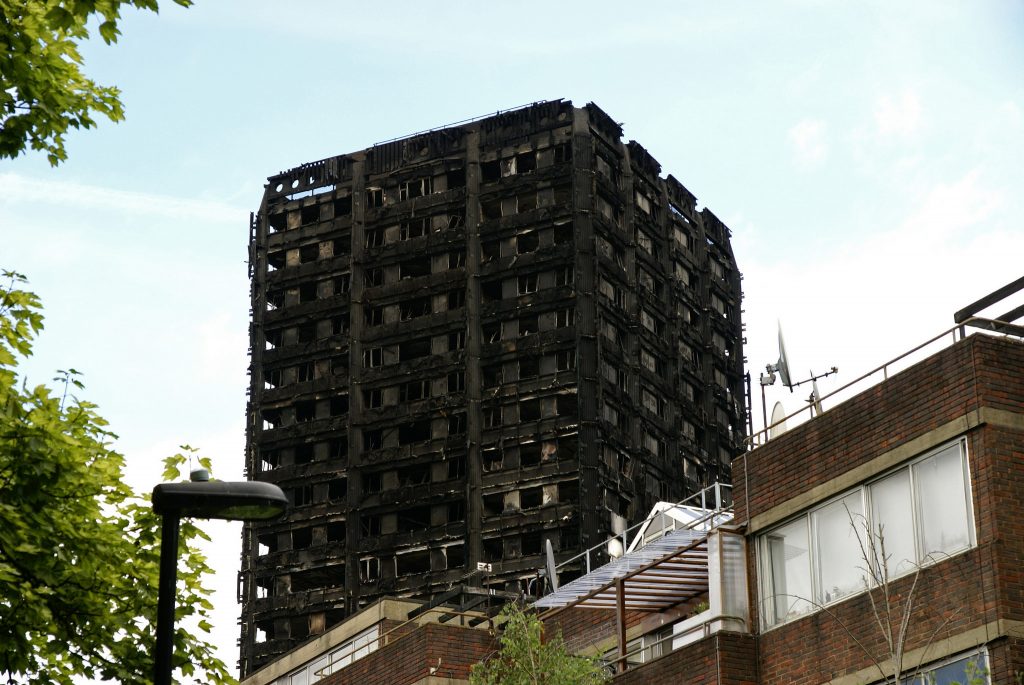
The families will need to be re-homed. Image Credit: Chiral Jon / Flickr
Pressingly, the homeless residents of the tower will have to be given new – and permanent – places to live. Kensington and Chelsea Council have promised this will be done within three weeks. Legally, the council has a duty to ensure all housing is “suitable”, which means they must take in to account the cost to residents and the location – for example they need to be near schools, support networks and anything else relevant to each individual.
Some campaigners have said some residents have been offered housing outside of London, while there are other reports of residents being forced to sleep in their cars, or hotels without showers. However, the council has now confirmed it has acquired 68 upmarket flats within the borough for survivors.
#Grenfell volunteer Eartha Pond insists some families are being offered housing many miles away from London @GMB pic.twitter.com/GDJ6jSv31t
— Nick Dixon (@NickDixonITV) June 20, 2017
A local volunteer says some families are being re-homed inappropriately. Image Credit: ITV
Not all the residents of Grenfell Tower were council tenants, which can make the council’s determination of “homeless” and their duty to house them more complicated. However, under the exceptional circumstances, a Grenfell resident could most likely challenge the decision if the council refused to help them – and this could come under the scope of legal aid.
A Case for Better Legal Support?
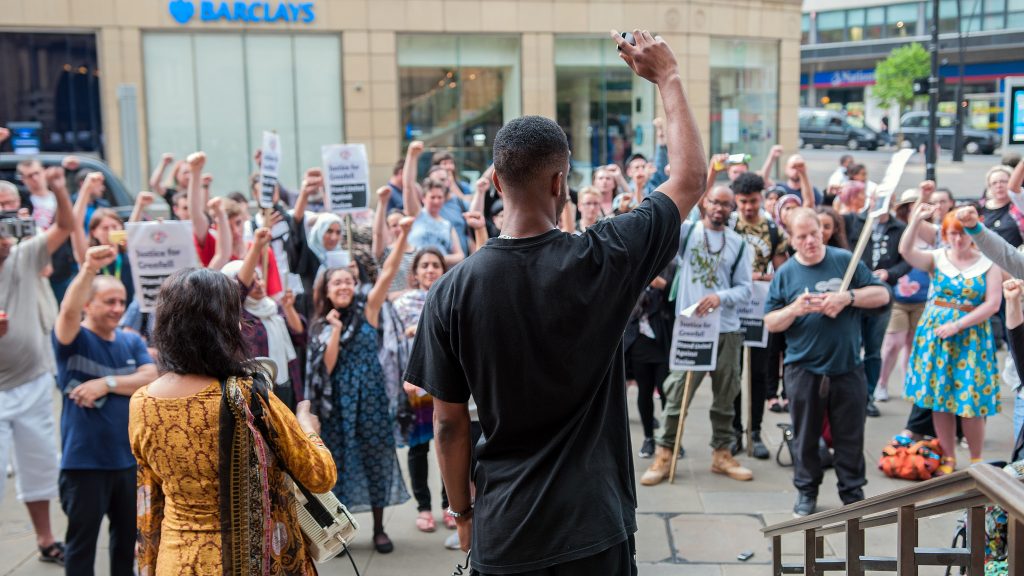 A vigil for victims of the fire. Image Credit: Tim Dennell / Flickr
A vigil for victims of the fire. Image Credit: Tim Dennell / Flickr
There are, however, other ways families and survivors could try and get justice for the disaster. Under personal injury law, a defect to the property that causes personal injury including death, can potentially be compensated. These types of claim do not qualify for legal aide though, so victims would have to try to find available ‘no-win, no-fee’ agreements. Under criminal law a tenant could also prosecute a landlord where the property is harmful to health. Again though, legal aid is not available under these types of cases and the expert evidence needed is costly.
The right to life is a basic protection we are all afforded as part of our human rights. The council and other public authorities have a duty to protect this right and it could be argued that if there was strong evidence about a fire risk, the council endangered the resident’s right to life. Similarly though, there is no guarantees of funding for such cases, leaving victims to rely on law centres, charities such as Shelter, and lawyers who work pro bono.
Any of these legal avenues would also still be test cases, pushing the current limits of the law, potentially taking years to litigate and with no guarantee of the outcome. For those who have lost their homes and lost loved ones, there are quite simply no straightforward, enforceable legal remedies. Despite the many health and safety regulations under the Housing Act 2004, it is up to the council to ensure these are enforced and any recommendations are applied. It is therefore vital that the public inquiry results not only in answers, but actionable legal remedies for those affected by this tragedy.
Want to know more about how human rights can help those affected by Grenfell?
- Read our explainer on how the fire is a business and human rights issue
- Take a look at this piece on if human rights are only for the rich
- See this explainer on what a new public advocate could do

